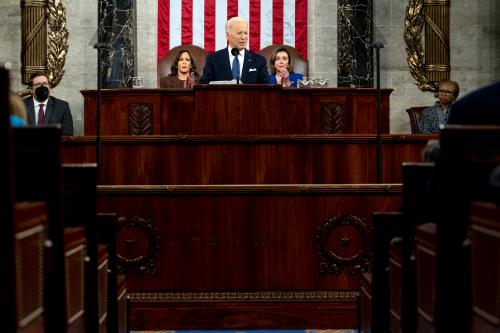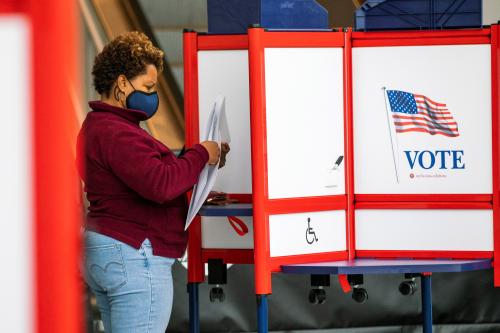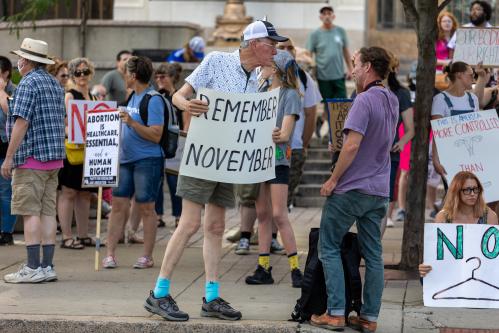In a Brookings paper last year, I argued that in important respects marijuana legalization, as an issue, resembles gay marriage. Both are social issues with values dimensions; both can benefit from being handled at the state level; both seem to have recently crossed a tipping point in public opinion, which in both cases is being reshaped by the replacement of older voters with younger ones. All true. But watching the dismal rollout of Obamacare, and the more promising but still complex rollout of marijuana legalization in Colorado and Washington state, has pointed up another side of the issue.
Specifically, four other sides: ways in which marijuana reformers need to learn from health-care reform. What are they? Find out in this new Washington Monthly article. The magazine’s package on making marijuana legalization work also includes important articles by Mark Kleiman on the dangers of federal passivity and Jonathan Caulkins on preventing excessive commercialization.
Wait, you want the bullet points?
- Pragmatism trumps moralism.
As with Obamacare, voter approval of reform is contingent upon reform’s actually working. Thus…
It’s the implementation, stupid.
Like Obamacare, regulating legal marijuana is very complicated, and anything but self-implementing. Competent execution is essential.
Overpromising is perilous.
Obamacare made promises it couldn’t keep. Marijuana reformers need to avoid making the same mistake.
Avert zero-sum politics.
It’s still possible for marijuana reform to avoid the fate of Obamacare, where half the country became invested in its failure.
How? Read on…



Commentary
Four Ways Marijuana Legalization is like Obamacare
March 3, 2014